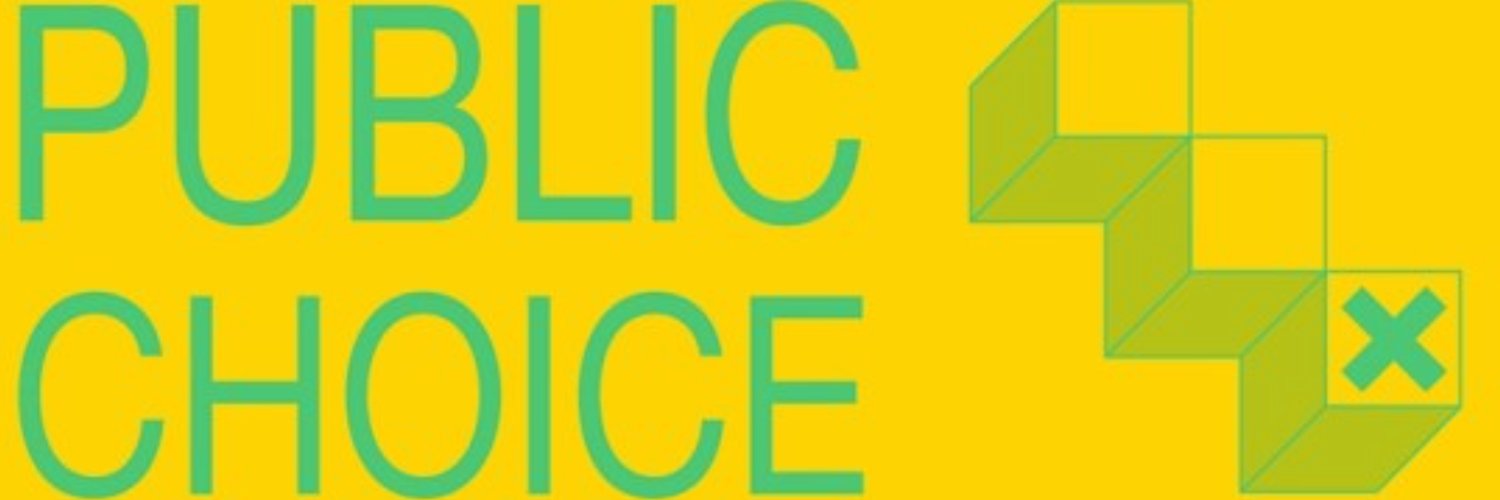
Public Choice
@_PublicChoice
Public Choice publishes scholarly research that applies economics to nonmarket social phenomena, such as politics, law, religion, conflict, and the family.
Available now at our website: Guerrero, F., Mahmoudi, M., Pingle, M. et al. Helping addicts: When can trying to do good be dysfunctional?. Public Choice (2025). doi.org/10.1007/s11127…
Available now at our website: Grajzl, P., Ćorić, B. & Srhoj, S. Deregulation derailed: evidence from services markets liberalization in Croatia. Public Choice (2025). doi.org/10.1007/s11127…
Available now at our website: Noé, R.R. German coffee, predatory states, and selective property rights enforcement in 20th-century Guatemala. Public Choice (2025). doi.org/10.1007/s11127…
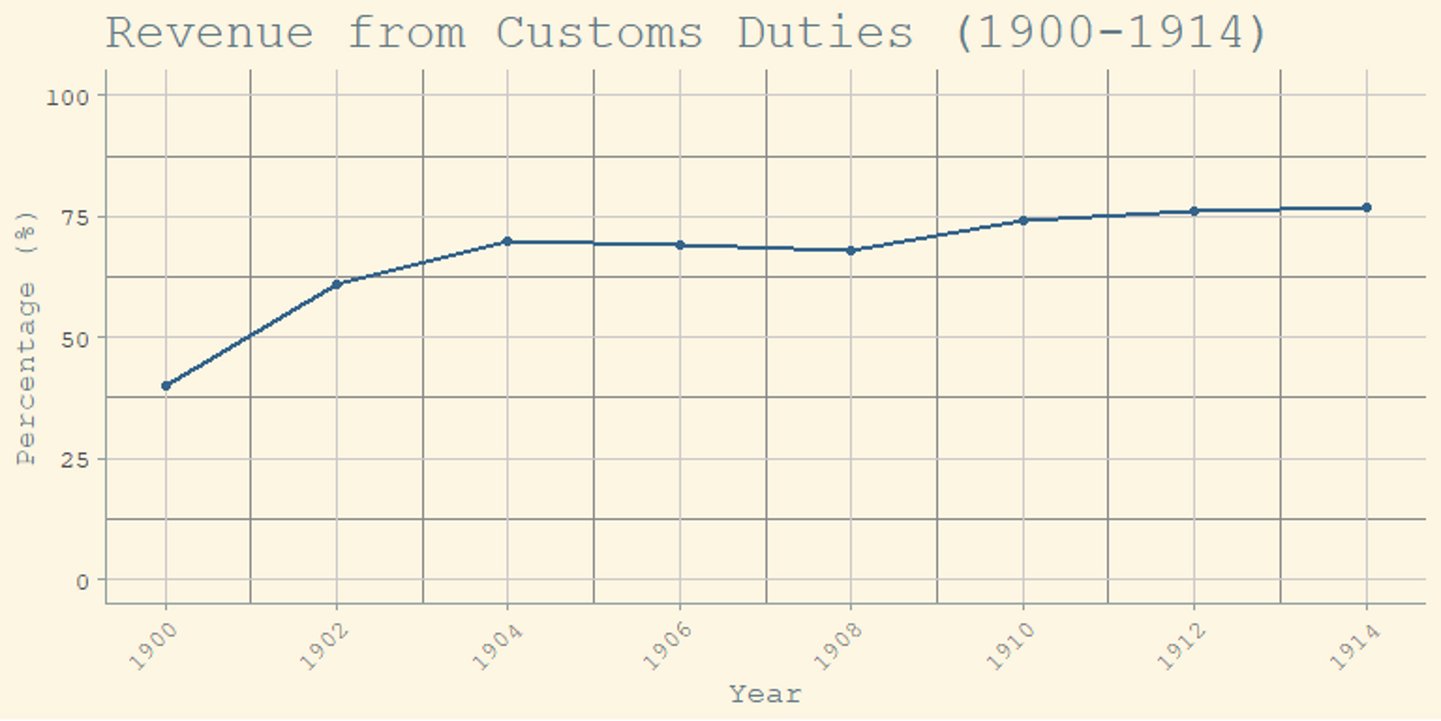
Available now at our website: Rodríguez, F., Imam, P. Political growth collapses. Public Choice (2025). doi.org/10.1007/s11127…
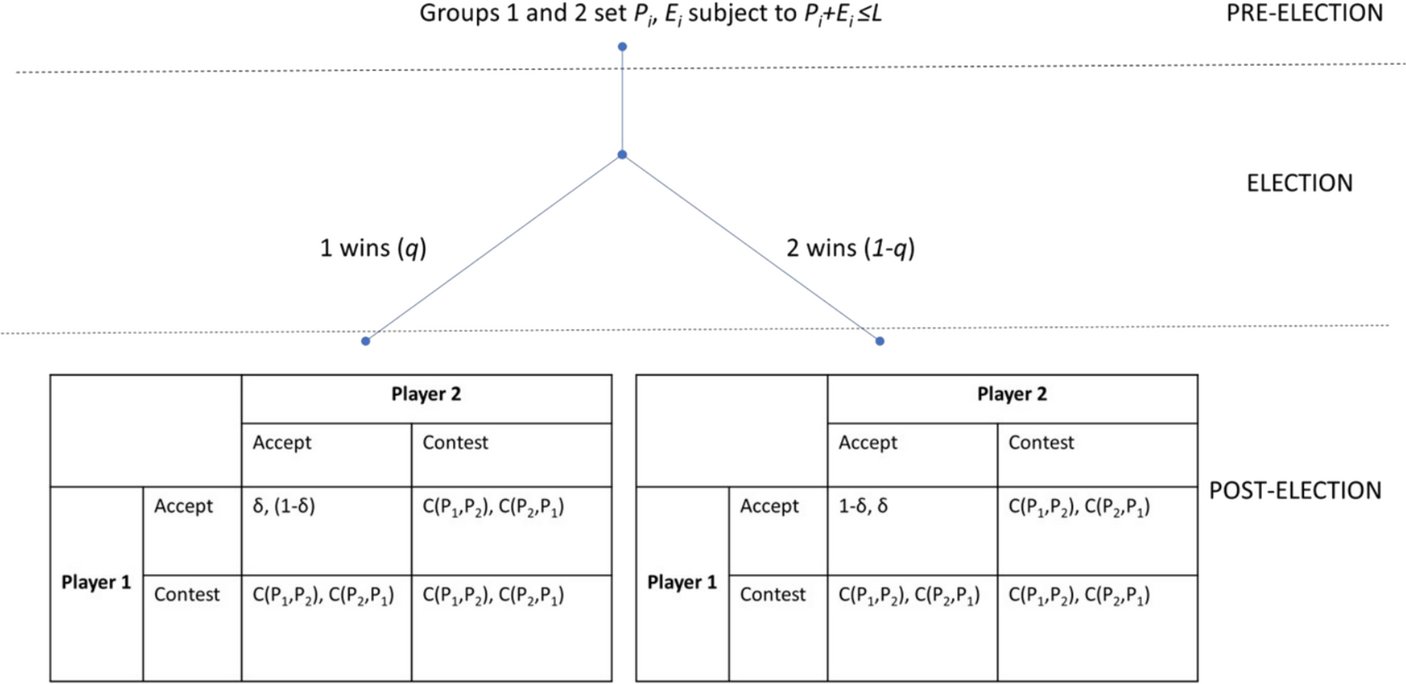
Available now at our website: Le Maux, B., Paty, S. Why so many representatives? Extending the cube root law to local assemblies. Public Choice (2025). doi.org/10.1007/s11127…
Available now at our website: McLean, I. Hybrid choice systems in small-n elections with sophisticated electorates. Public Choice (2025). doi.org/10.1007/s11127…
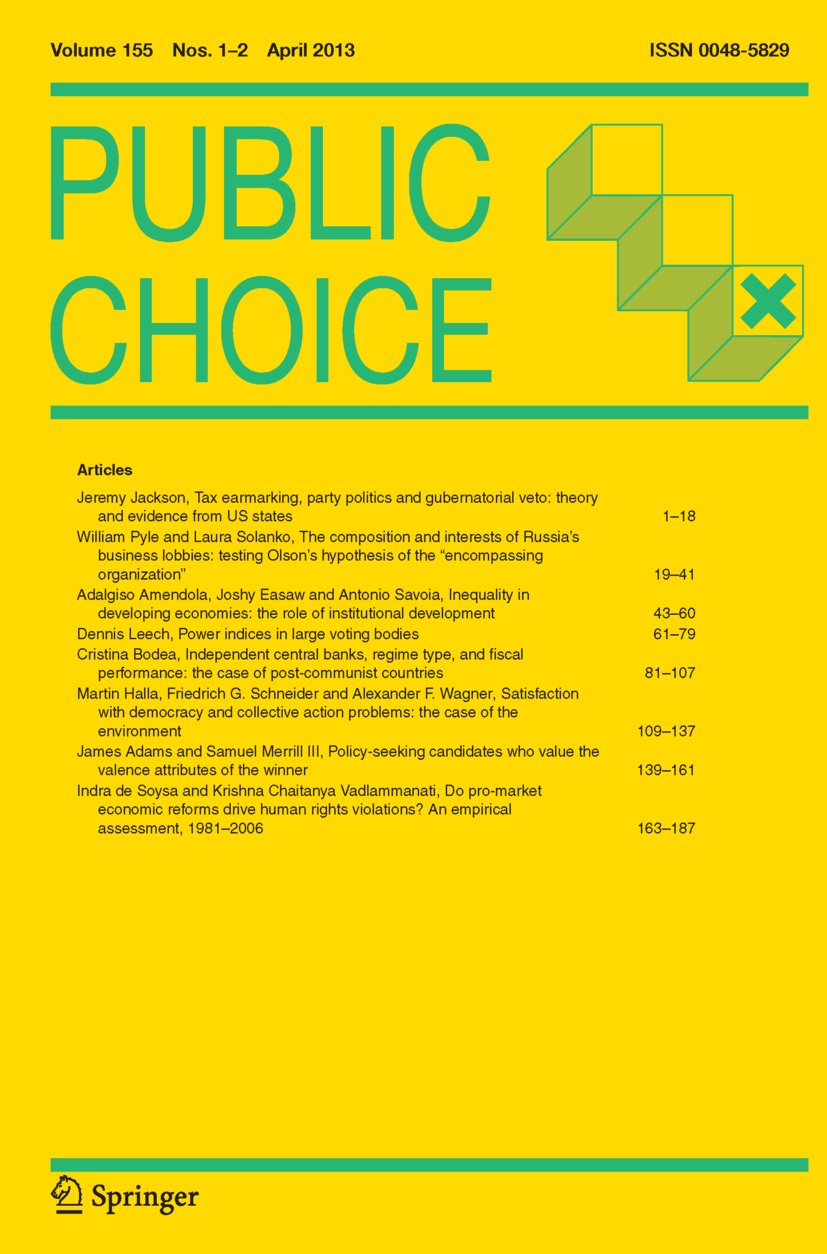
Available now at our website: Lewkowicz, J., Sękowski, M. & Fałkowski, J. The dynamics of political polarization and voting on economic issues: evidence from the Polish parliament, 2005–23. Public Choice (2025). doi.org/10.1007/s11127…

Available now at our website: Mattos, E.d.S. The Judiciary as a fiscal policy tool? Budget stress and judicial decision-making in Brazil. Public Choice (2025). doi.org/10.1007/s11127…
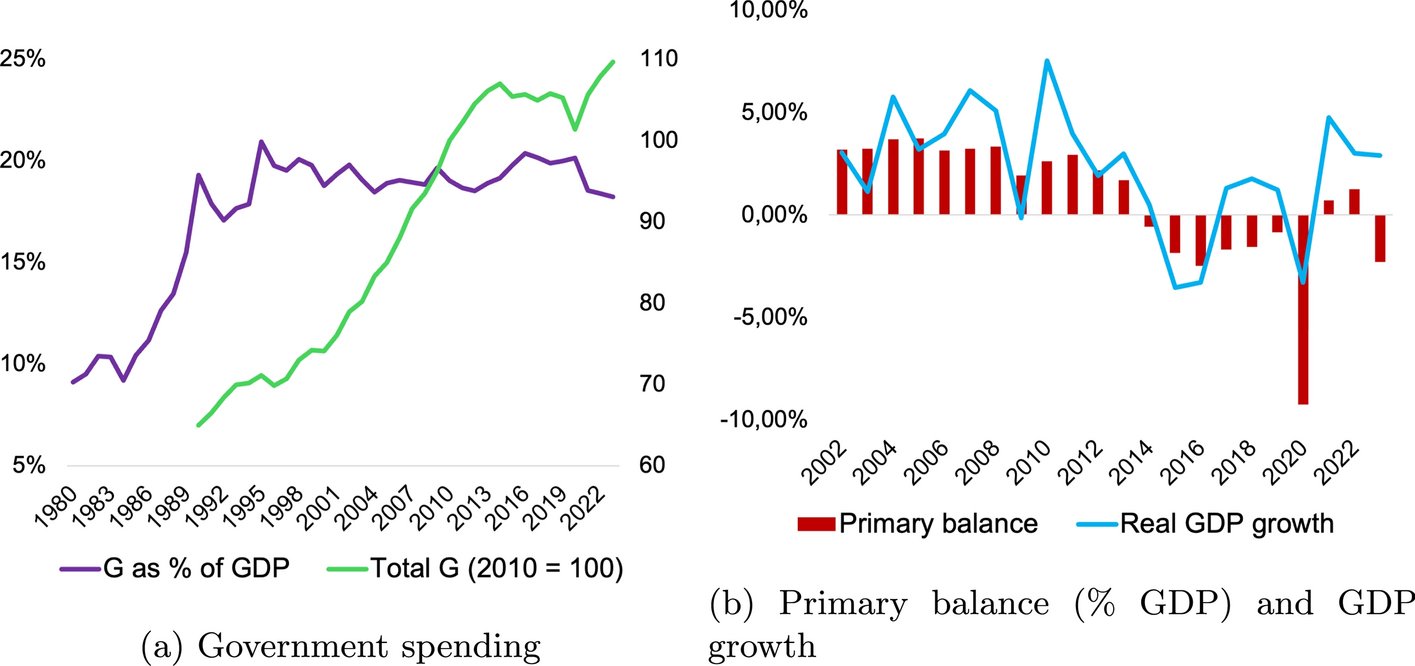
Available now at our website: Gars, J., Spiro, D. & Wachtmeister, H. Winners and losers of a Russian oil-export restriction. Public Choice (2025). doi.org/10.1007/s11127…
Available now at our website: Shikano, S., Herron , E.S. Risk diversification and vote decisions in mixed-member electoral systems. Public Choice (2025). doi.org/10.1007/s11127…
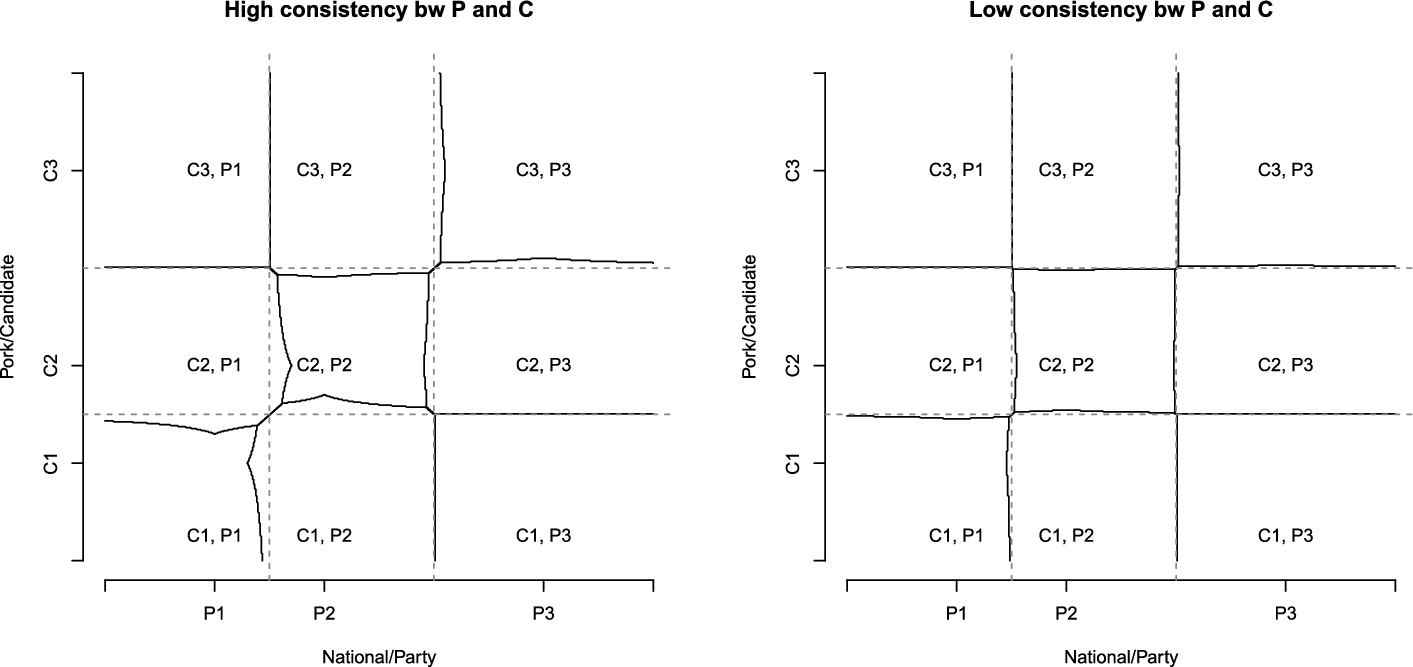
Available now at our website: Behnke, J. The spectacular enlargement of the Bundestag and the long road to the 2023 German electoral law reform. Public Choice (2025). doi.org/10.1007/s11127…

Available now at our website: Bjørnskov, C., Voigt, S. Coups and constitutional change. Public Choice (2025). doi.org/10.1007/s11127…
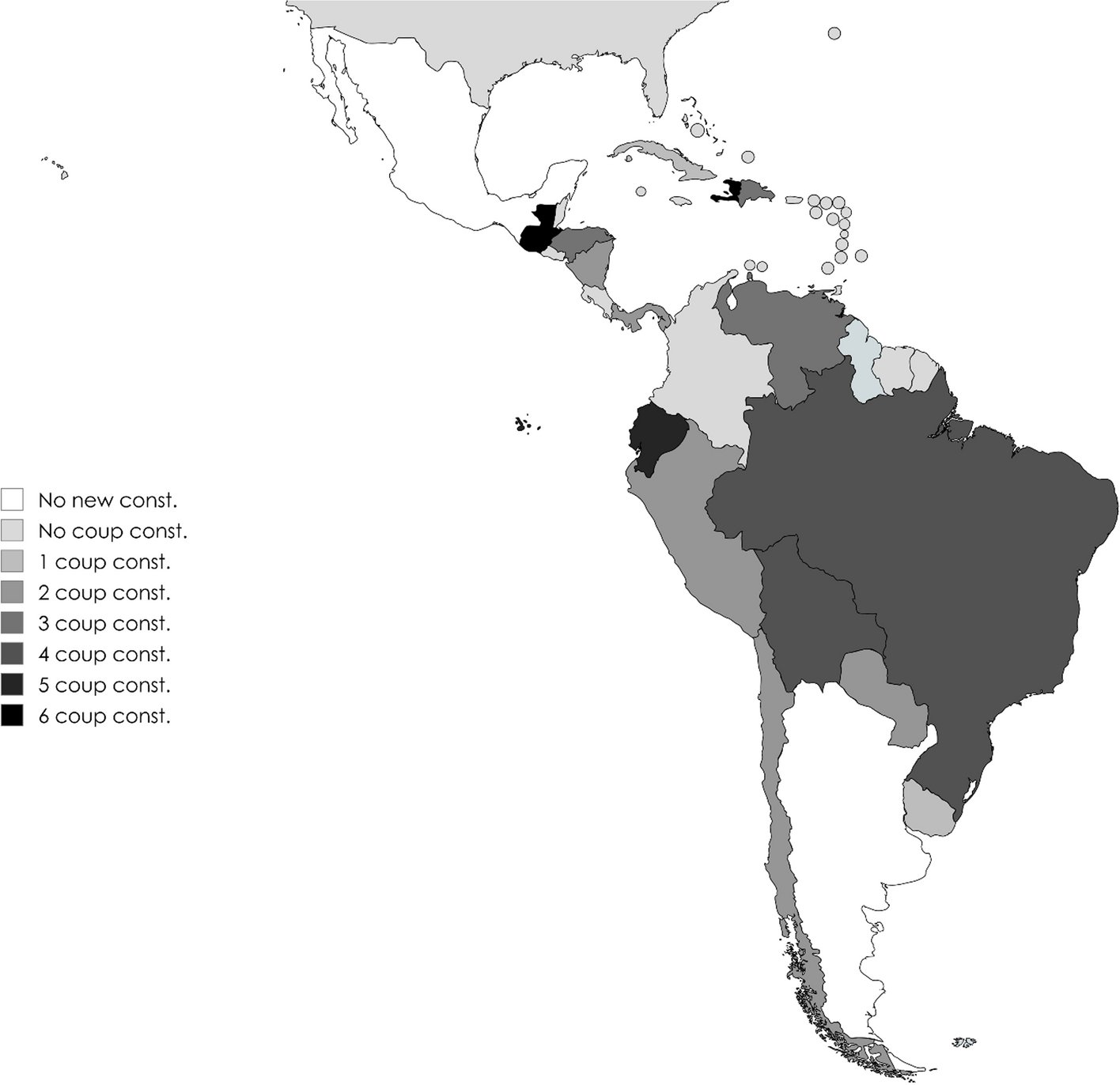
Available now at our website: Flis, J., Behnke, J., Lorenc, K. et al. Cancellation of overhang seats: the price of unkept promises. Public Choice (2025). doi.org/10.1007/s11127…
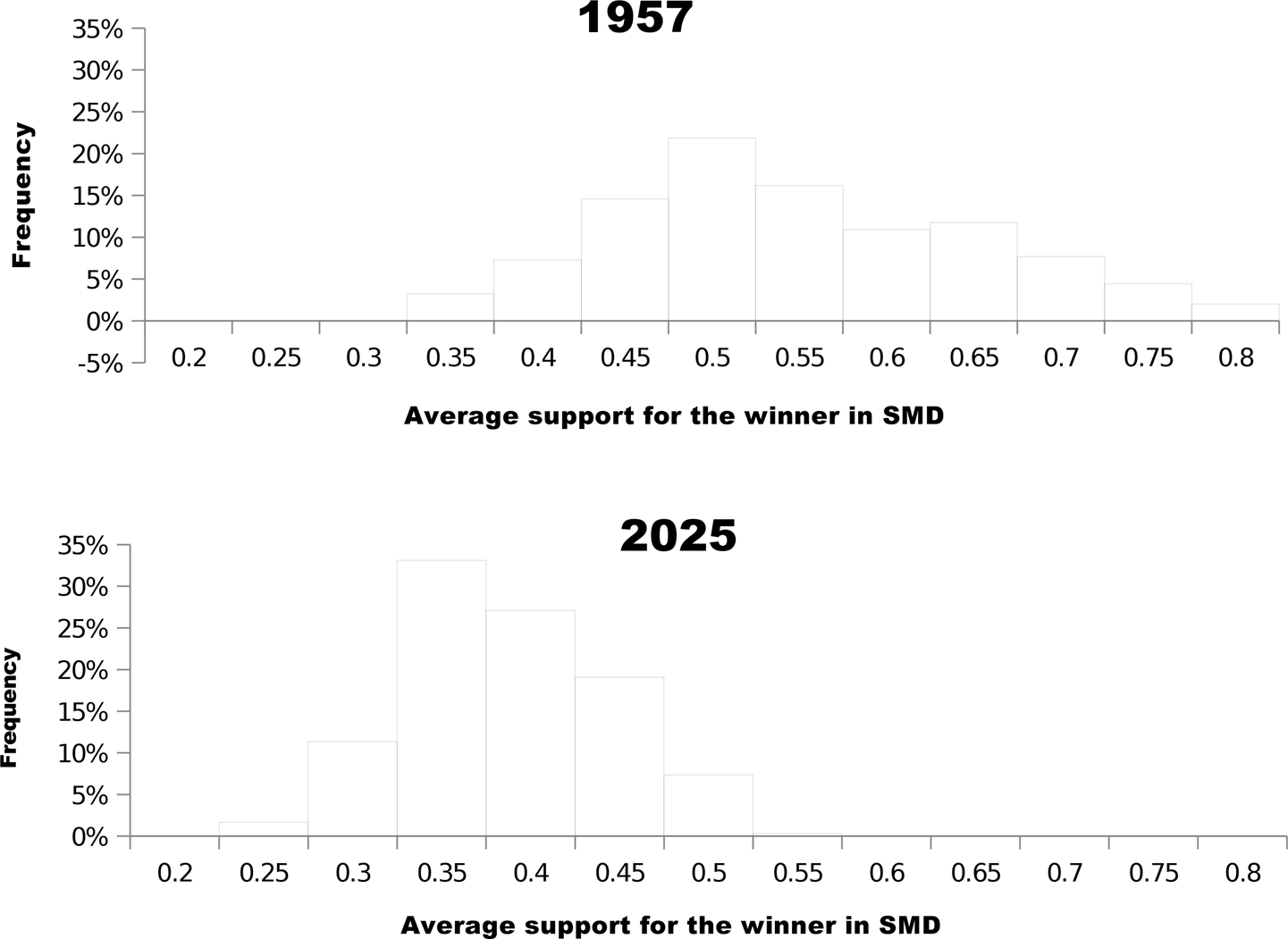
Available now at our website: Tsai, CY. Political competition and Chinese official data. Public Choice (2025). doi.org/10.1007/s11127…
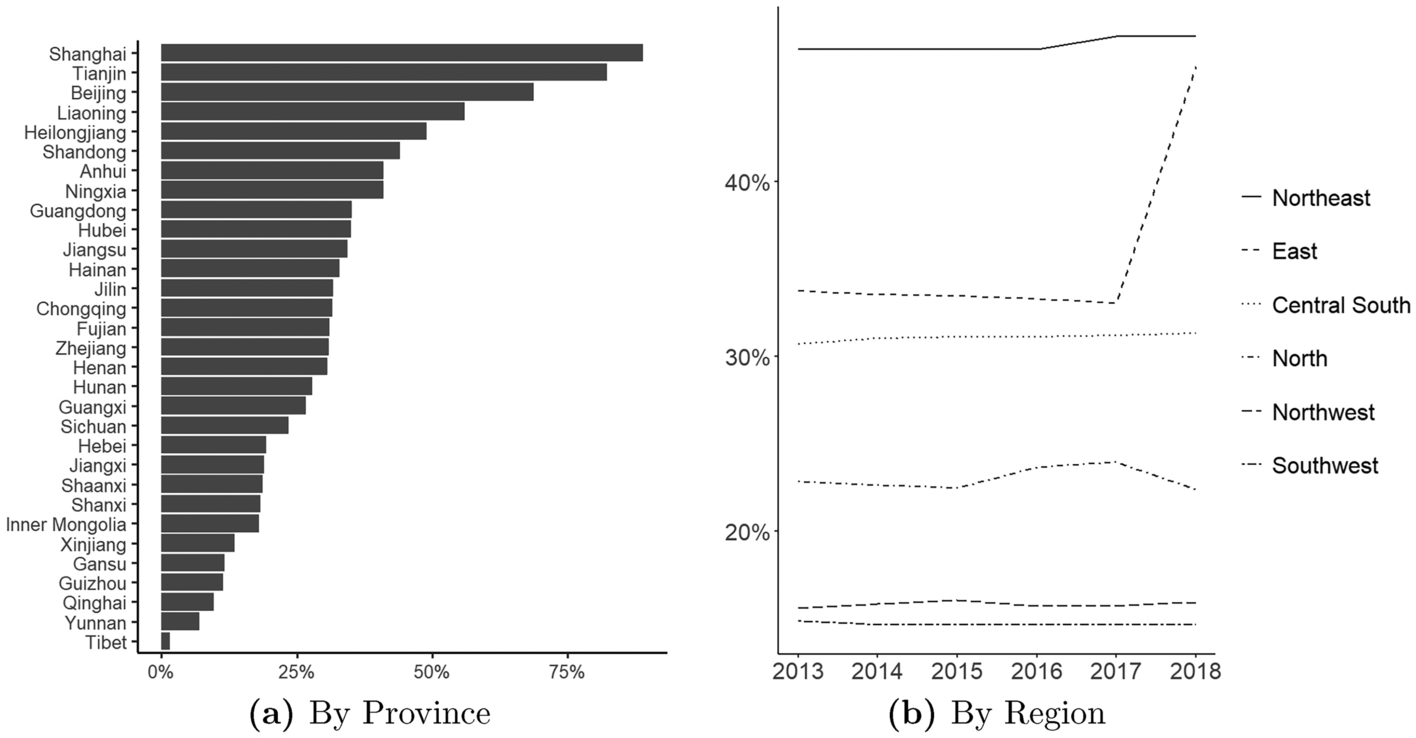
Available now at our website: Tanács-Mandák, F., Horváth, A. The “hacking” of a mixed electoral system: a case study of Hungary. Public Choice (2025). doi.org/10.1007/s11127…

Available now at our website: Koppl, R., Pronin, K., Cowen, N. et al. Bespoke science: the use of ad hoc scientific advisory committees in the Covid-19 pandemic. Public Choice (2025). doi.org/10.1007/s11127…

Available now at our website: Bae, S.H., Krasnozhon, L. Interstate conflicts with multiple fronts. Public Choice (2025). doi.org/10.1007/s11127…
Available now at our website: Harvey, M. Unexpected politics: Do interest rates influence lobbying expenditure?. Public Choice (2025). doi.org/10.1007/s11127…
Available now at our website: Park, S. The political economy of compulsory licensing: democracy and regulatory threat in public health. Public Choice (2025). doi.org/10.1007/s11127…
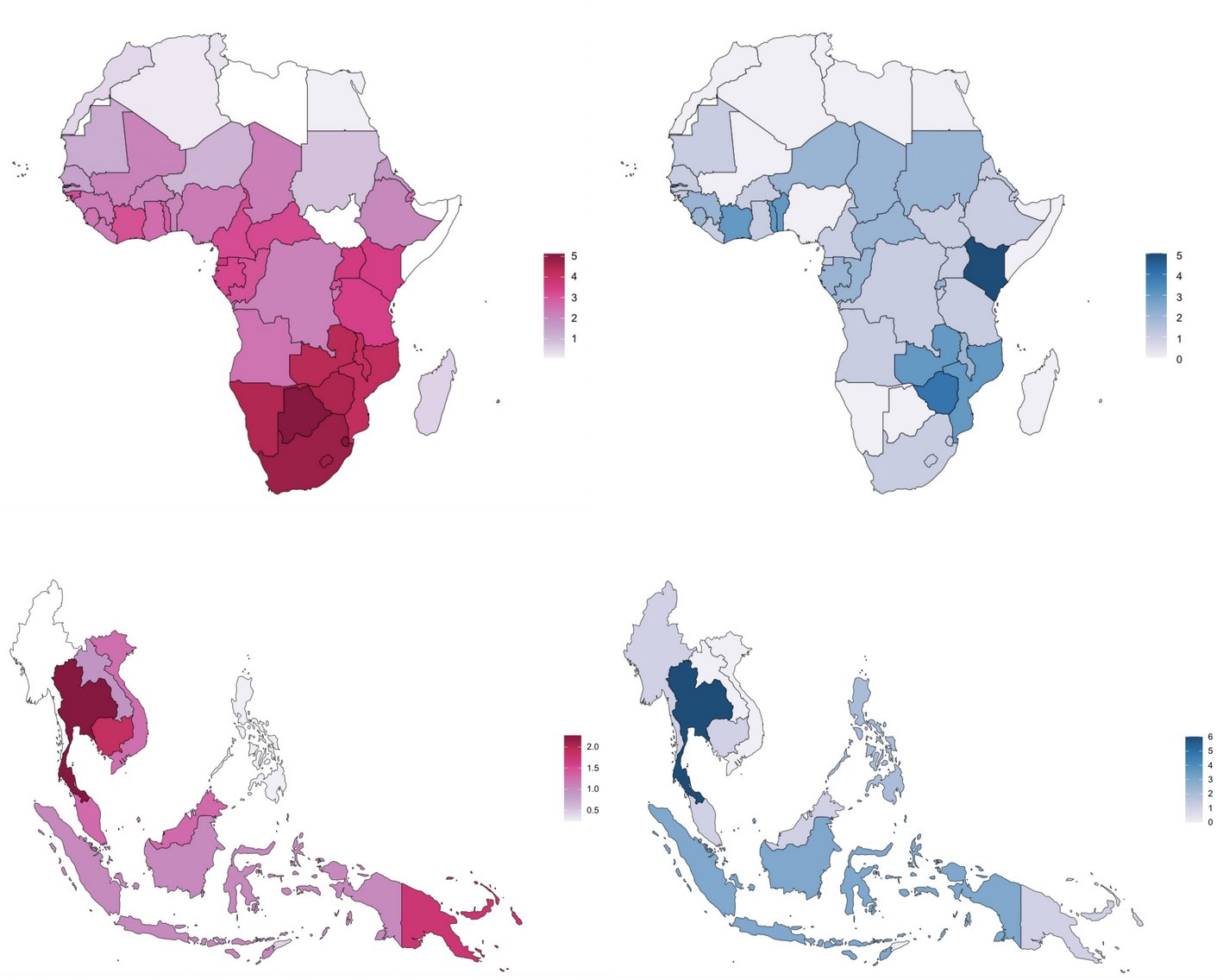
Available now at our website: Chiaramonte, A., Paparo, A. Parties’ and voters’ dilemmas under Italy’s new mixed electoral system. Public Choice (2025). doi.org/10.1007/s11127…